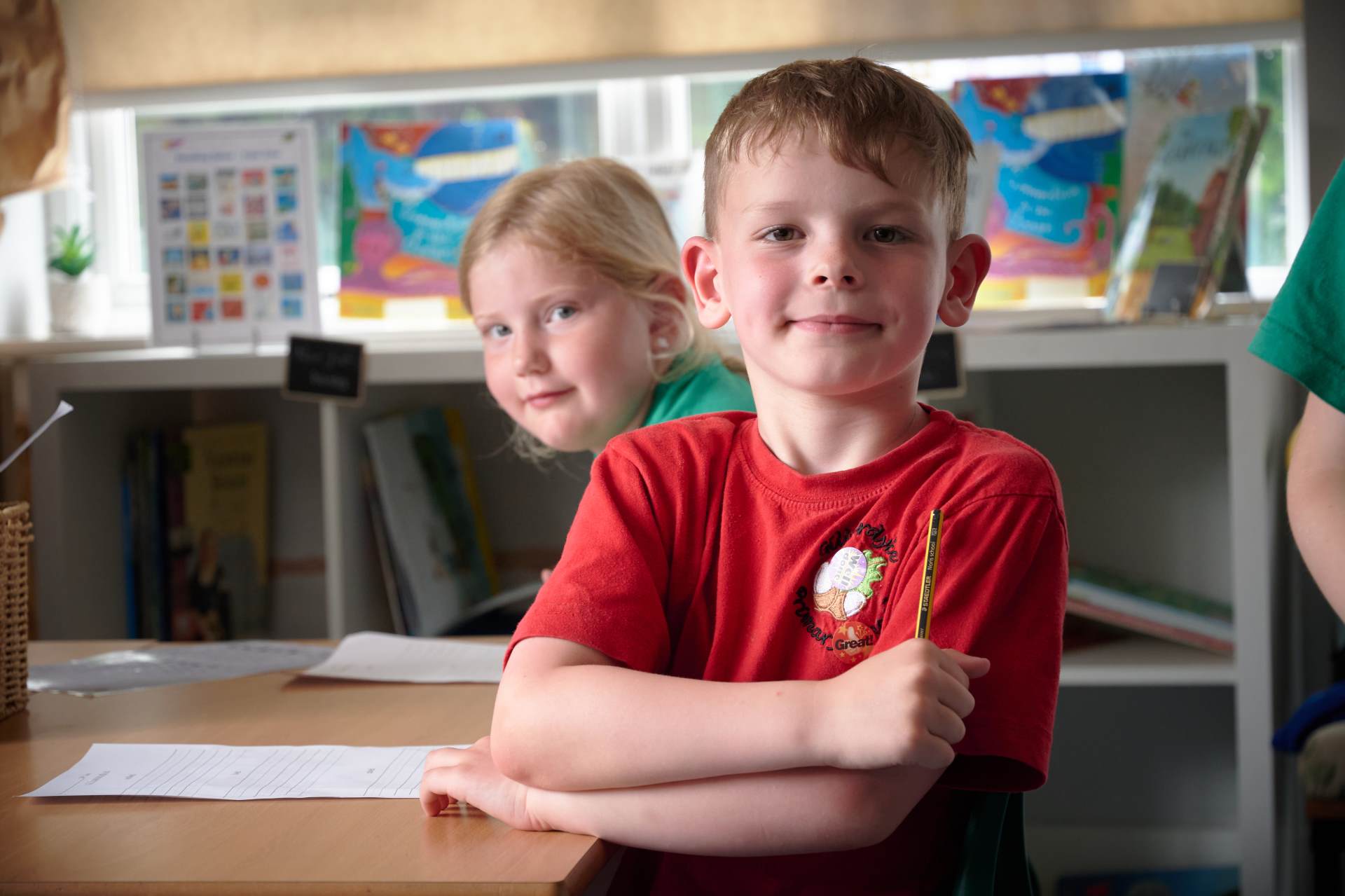Maths

Intent
As mathematics is an essential aspect of adulthood which permeates everyday life, Gilberdyke Primary is committed to ensuring that all pupils develop the skills and knowledge to prepare them for their secondary school curriculum, future employment and beyond.
Our belief is that all pupils should experience success in the subject, even when it is challenging. We aspire to create a sense of enjoyment and curiosity about maths, dispelling any negative perceptions around the ability to be proficient mathematicians and applying resilience when needed.
Through the curriculum at Gilberdyke, pupils will become fluent in the fundamentals of maths, enabling them to identify relationships and patterns, reason mathematically and acquire subject specific language so that they can explain and justify their thinking.
Implementation
Reflecting the sequential nature of this subject, Maths at Gilberdyke is taught daily, in straight year group classes. Our programme is aligned with the demands and scope of the national curriculum for mathematics at key stages one and two.
Daily maths lessons follow a consistent structure that includes vocabulary development, revisiting/reviewing previous learning, teacher modelling, partner work and independent application with a strong emphasis on oral rehearsal.
We follow the Effective Maths programme, the key features being:
- Mastery
- Procedural fluency and conceptual understanding
- Variation
- Mathematical patterns, relationships and connections
Mathematical talk is a key feature of all lessons, enabling children to explore concepts and reason logically.
In order to secure multiplication fluency, pupils are taught multiplication tables discretely in addition to the daily maths lessons.
Impact
We aim to nurture a community of confident mathematicians, who are fluent in the fundamentals of maths with the conceptual understanding and ability to recall and apply their knowledge rapidly and accurately. Pupils will be able to solve problems by applying their mathematics to a variety of situations with increasing sophistication, including in unfamiliar contexts, and to model real-life scenarios.
Children leave Gilberdyke with the ability to reason mathematically and follow lines of enquiry, having acquired the ability to develop and present justifications using mathematical language.
Assessment is used formatively on a daily basis within lessons and to inform subsequent lessons as well as to identify individual needs and shape additional provision, eg. morning practise work. Summative assessment is administered at the end of conceptual teaching sequences and utilised to inform the teaching sequence for each year group moving forwards.



